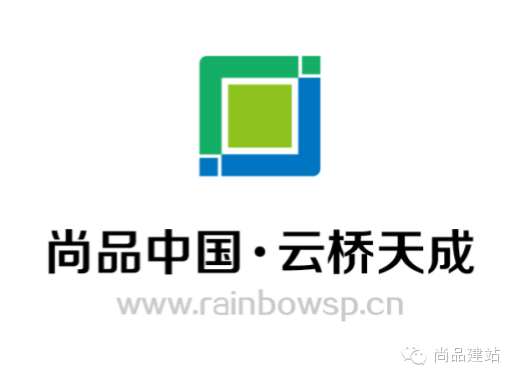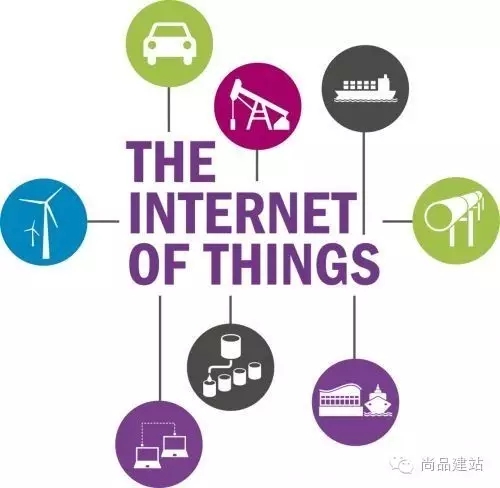As a sensor based technology, it includes devices, networks Website construction , transmission and application of new technologies and applications, the Internet of Things is gradually entering and changing people's lives, becoming another disruptive innovative technology that changes the world after the Internet. With the gradual integration of IoT technology into intelligent transportation, environmental protection, digital campus, public safety, smart home, medical health, food traceability and other fields, this technology is bringing profound impact to many industries. For example, in the whole process from the exploration, production, logistics of raw materials to delivery to the factory, all goods and equipment can be equipped with electronic tags to allow communication between different equipment, between people and goods, and between goods, greatly improving efficiency and reducing costs.
As a new service format based on high-tech, modern service industry will meet the positive impact of Internet of Things technology. From home medical care, beverage sales to warehouse maintenance workshops, the service industry in different fields has gradually shown the clue of Internet of Things technology. Service providers from all walks of life are also feeling the profound impact of the connectivity of the Internet of Things on improving services, witnessing that the Internet of Things continues to promote the development of modern service industry. Service providers used to rely on passive response to provide support services. When a device fails, they can ensure that they can arrive and solve the problem within the response time. Now, this model is transforming into a proactive and predictive service mode, which will enhance the flexibility, mobility and response speed of services.
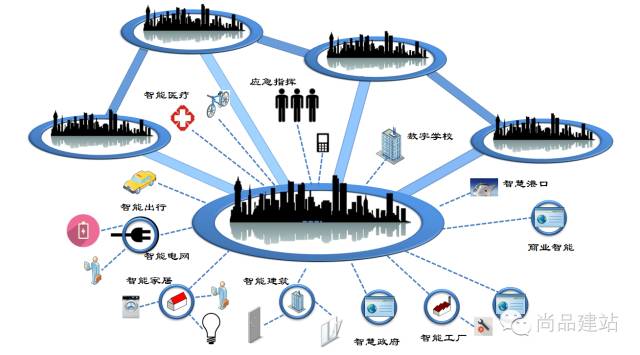
There is no doubt that the Internet of Things will trigger the transformation of the service industry to standardization. From the perspective of technical support, when the data collected from on-site assets and equipment can provide valuable analysis, the proactive services that service providers can provide will also increase significantly, including not only how to use the equipment, but also when the equipment will work, when it may fail, and how to repair it. Service level agreements (SLAs) used to focus on post event response time. Today, the Internet of Things will completely change this situation, and it will help service providers provide customers with unprecedented quality services. In the near future, enterprises can reduce the response time of service level agreements from 2 hours to 15 minutes, and the degree of active response will also become the assessment target. It is no longer an illusion for service providers to provide customers with zero failure assurance.
In addition, another transformation of the service industry will be more reflected in the level of science and technology. For example, in the era of the Internet of Things, UAVs are considered to have competitive advantages in service delivery in many industries. When service providers use technology to judge service defects and remote needs, they can use UAVs to transport the corresponding tools or equipment needed to solve these problems. The advantages of time-saving, money saving and labor saving will eventually make UAVs an important part of the value chain. In addition, in the field of home medicine, UAVs can quickly and economically deliver drugs to patients; In case of fire or other emergencies, it can provide remote analysis, which will create great value for users.
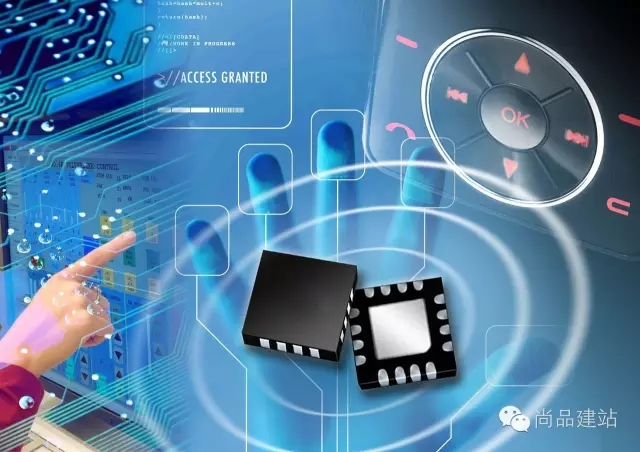
So, how should service providers give full play to the advantages of the Internet of Things to realize the transformation of the modern service industry? On site service management (FSM) software will be the key to help service providers seize opportunities. FSM can effectively help enterprises manage the tasks that need to be performed on site, realize the automation of the whole process from data collection, analysis to action and on-site service, and make full use of the Internet of Things platform. However, software is only a part of the solution, and service providers need to use flexible and open cloud platforms such as Windows Azure to support the solution. Such cloud platforms can capture necessary data flows and make them operable. Although field service management providers are currently implementing such platforms and making efforts to turn them into reality, it still represents an important step forward for the industry.
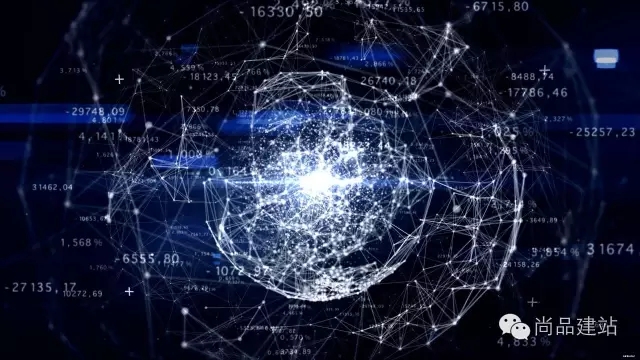
There is no doubt that although there is still huge potential to be explored, the era of Internet of Things has come. If service providers want to join the wave of the Internet of Things and seize the development opportunities, it is essential to expand cooperation with FSM (Field Service Management) software companies, because these companies regard the Internet of Things as an indispensable and necessary model, rather than just a trend.
